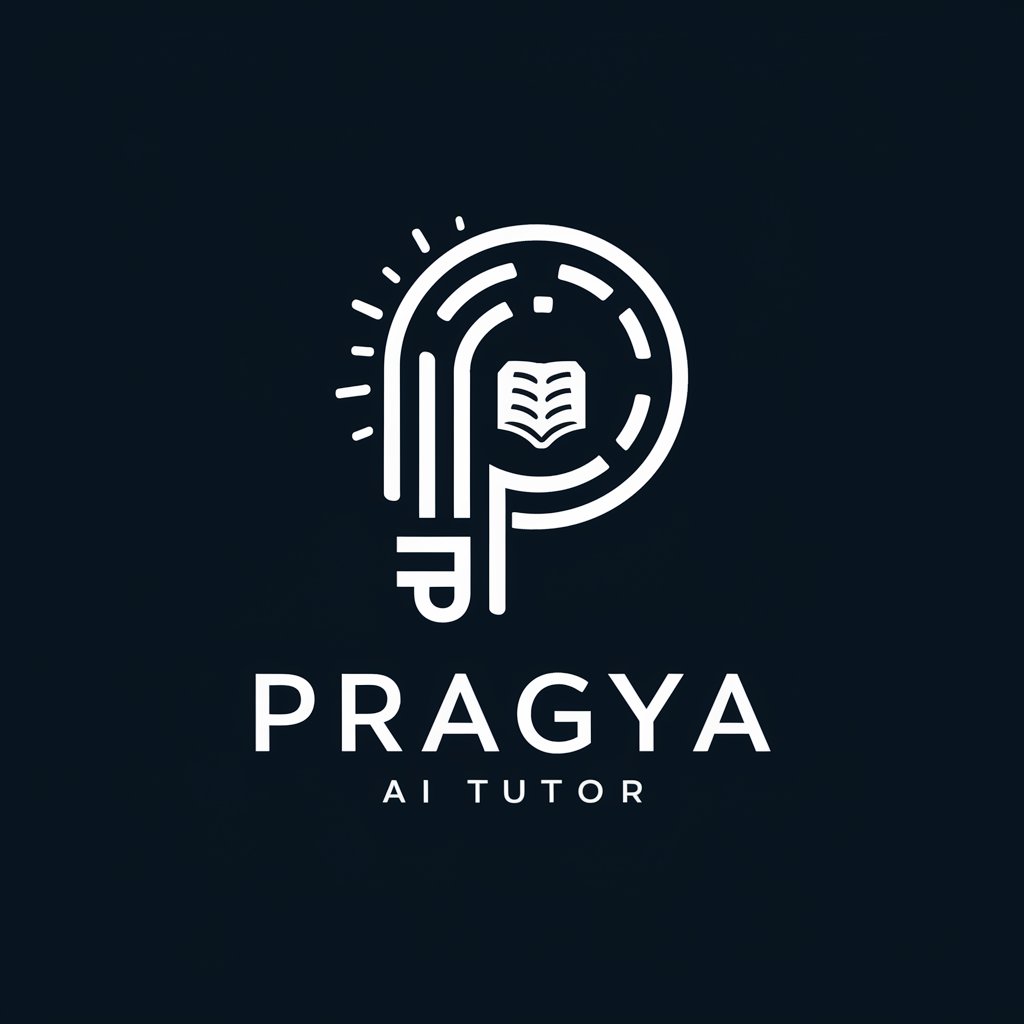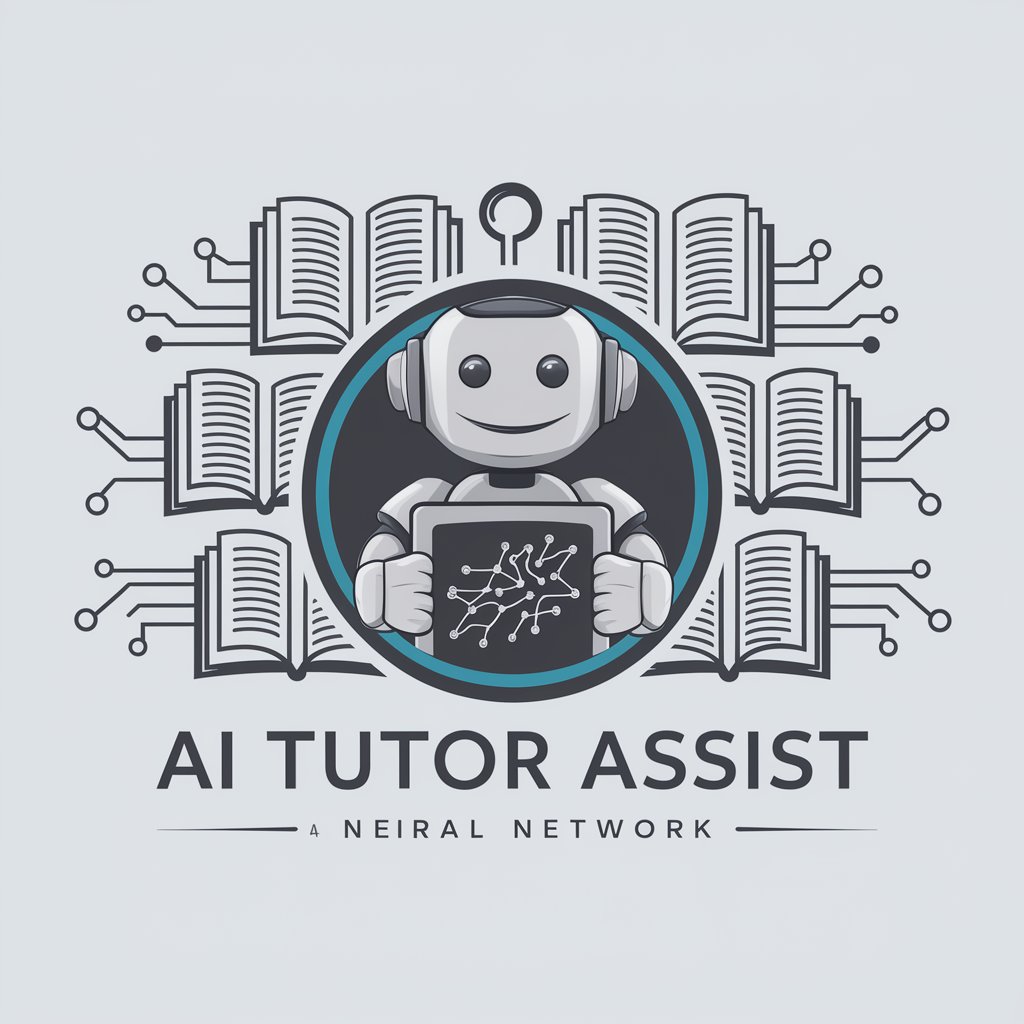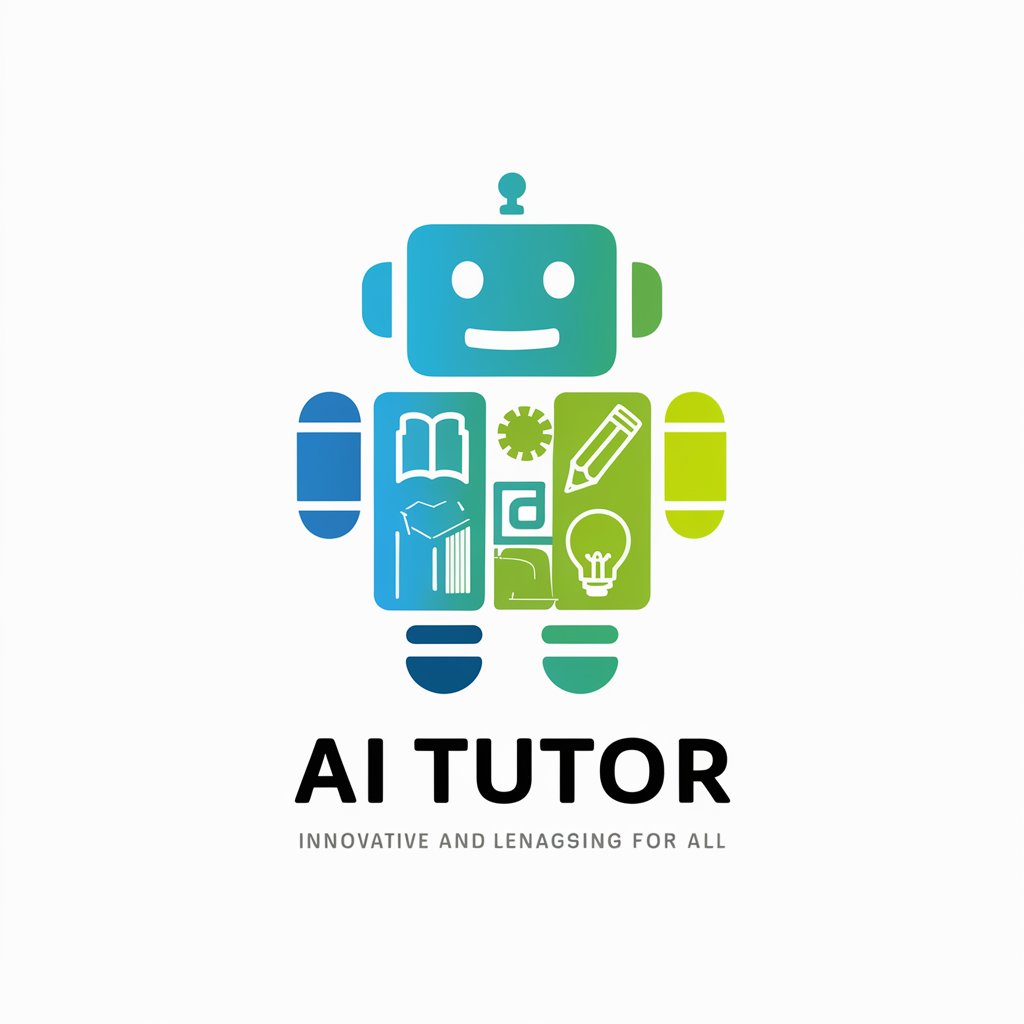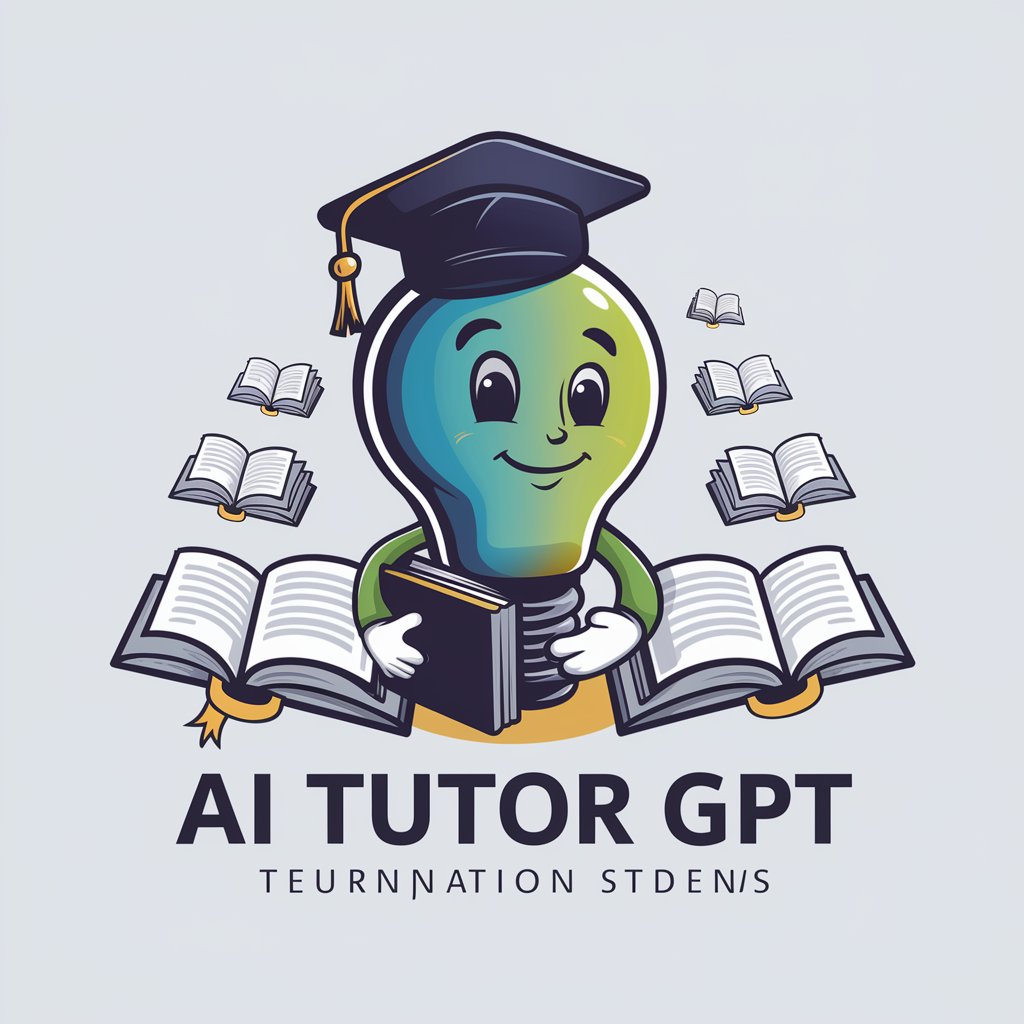
AI Tutoring: Psychology - Psychology Learning Assistant
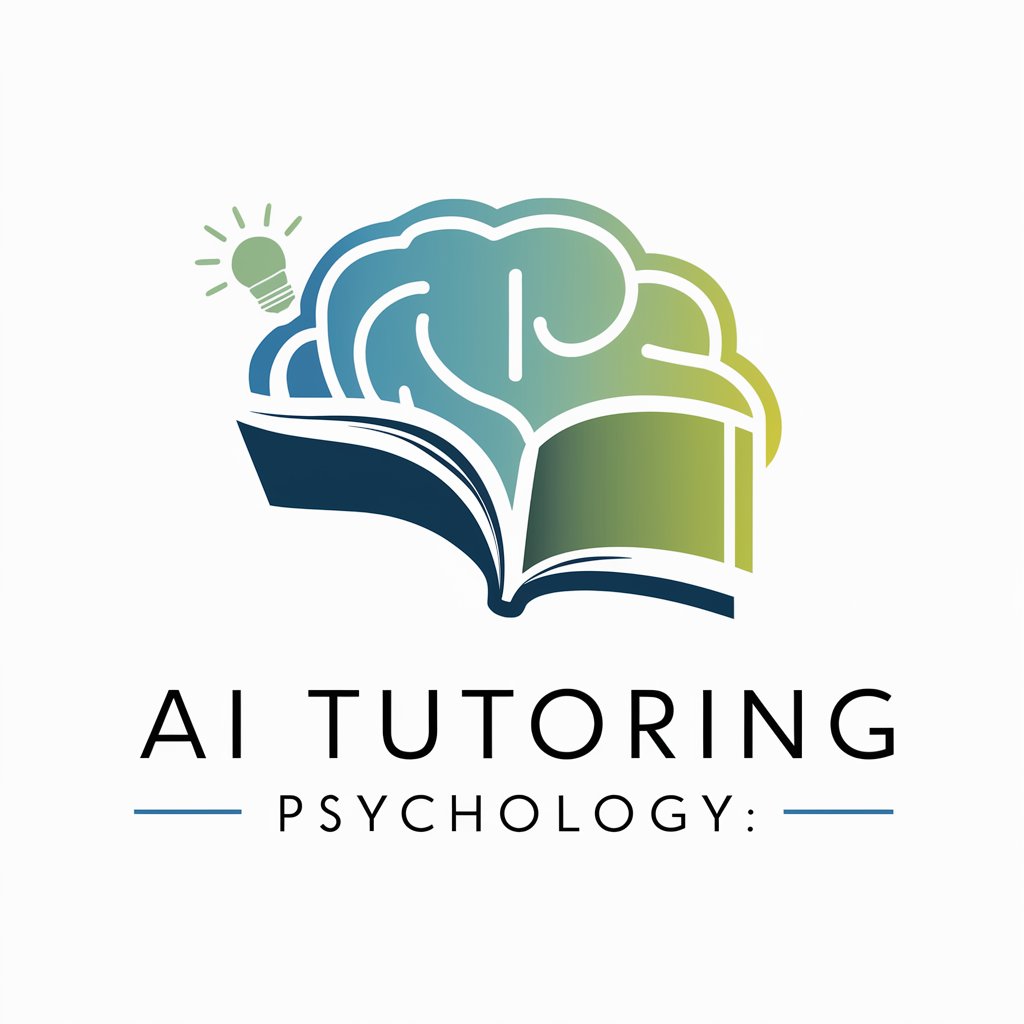
Welcome! Let's dive into the fascinating world of psychology.
Empowering Psychology Learning with AI
Explain the concept of classical conditioning and its real-world applications.
Describe the differences between cognitive and behavioral psychology.
What are the key components of Freud's theory of psychoanalysis?
How do social influences affect individual behavior according to social psychology?
Get Embed Code
Overview of AI Tutoring: Psychology
AI Tutoring: Psychology is designed as a comprehensive, interactive learning tool focused on the field of psychology. It aims to cater to a broad spectrum of learners by providing detailed, factual, and easily understandable explanations of psychological concepts, theories, and practices. This AI tool is equipped to handle queries ranging from basic psychological principles to complex theories, offering clear, concise, and logical information. Through the use of examples, real-world applications, and step-by-step guidance, it enhances understanding and facilitates deeper learning. For instance, when explaining cognitive behavioral therapy (CBT), AI Tutoring: Psychology not only defines and discusses its principles but also illustrates how CBT is applied in therapeutic settings, including hypothetical scenarios involving client-therapist interactions. Powered by ChatGPT-4o。

Core Functions and Applications
Educational Guidance
Example
Explaining the concept of 'Classical Conditioning' with examples like Pavlov's dogs, and providing further practice problems to ensure comprehension.
Scenario
Used by students preparing for exams or anyone interested in understanding basic psychological principles.
Advanced Theoretical Discussion
Example
Delving into complex topics such as 'Neuroplasticity', discussing recent research findings, and how these concepts apply to rehabilitation after brain injuries.
Scenario
Beneficial for advanced psychology students, researchers, or practitioners looking for up-to-date, in-depth information.
Real-world Application
Example
Illustrating how psychological principles can be applied to improve workplace productivity, such as through motivation theories or organizational behavior strategies.
Scenario
Useful for managers, HR professionals, and organizational psychologists aiming to enhance workplace dynamics.
Target User Groups
Psychology Students
Both undergraduate and graduate students will find AI Tutoring: Psychology invaluable for studying for exams, understanding complex theories, and applying psychological principles in research or clinical practice.
Educators and Trainers
Teachers and trainers can utilize this tool to gather resources, examples, and explanations to enhance their teaching materials and strategies, particularly in creating more engaging and informative lessons.
Professionals in Applied Psychology
Clinical psychologists, counselors, HR professionals, and organizational psychologists can benefit from instant access to a wide range of psychological theories and practices to apply in their work, enhancing therapeutic approaches, employee engagement, and organizational health.

How to Use AI Tutoring: Psychology
1
Start with a free trial at yeschat.ai, no signup or ChatGPT Plus required.
2
Choose the 'Psychology Tutoring' option to access tailored psychology assistance.
3
Submit your psychology questions or topics for in-depth explanations and discussions.
4
Utilize the interactive Q&A feature for clarifications or further information on psychology concepts.
5
For best results, specify your current level of understanding so responses can be tailored to your educational needs.
Try other advanced and practical GPTs
PDF Copilot
Empower Your Documents with AI
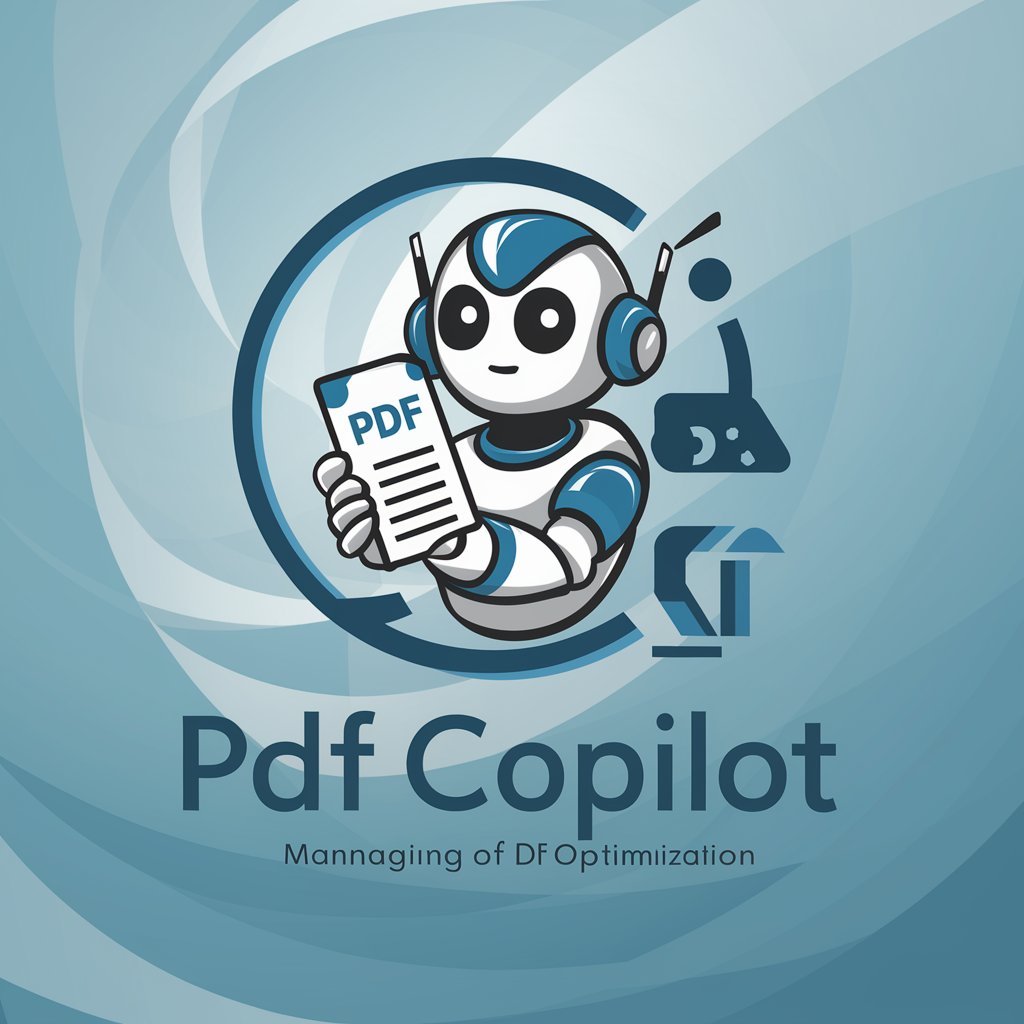
Guatemalan Maya
Dive into Guatemala with AI

SystemVerilog Assistance
Empowering SystemVerilog Mastery with AI
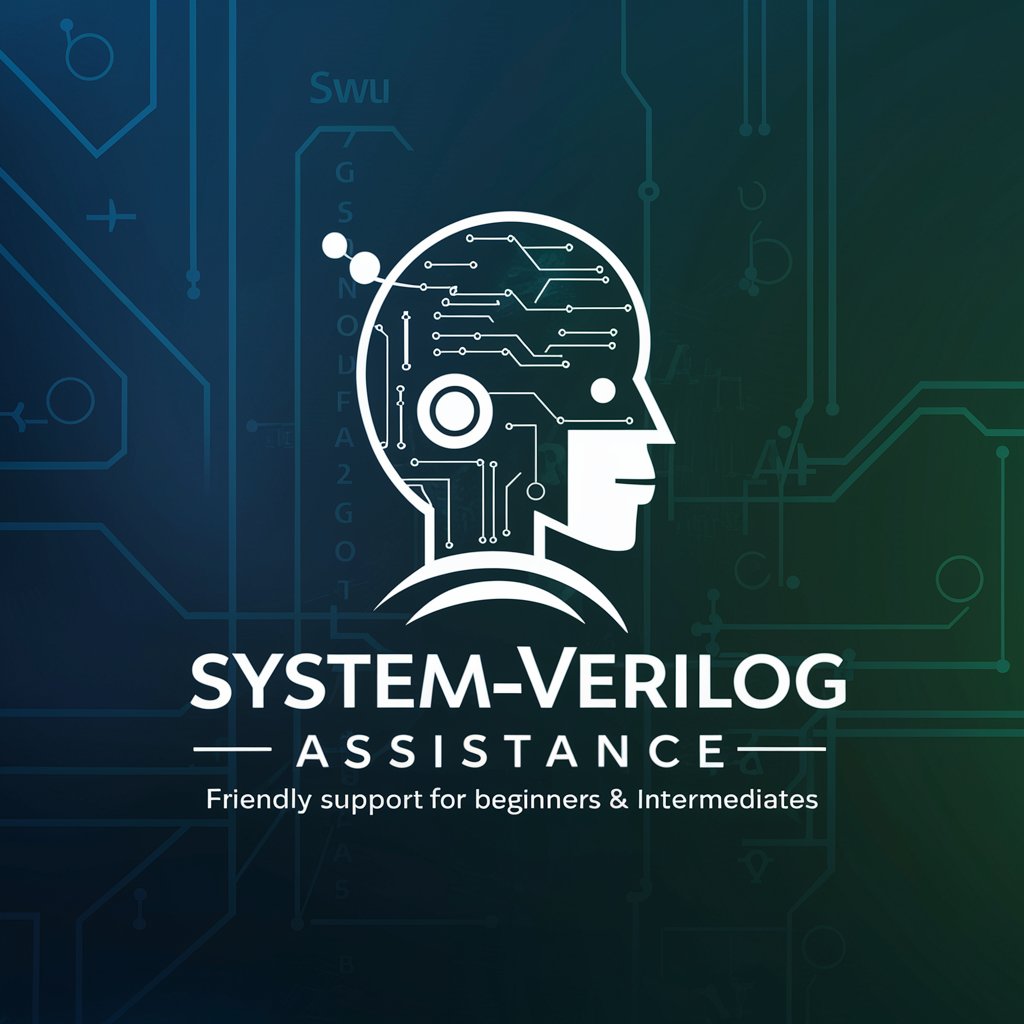
Business law
Empowering legal decisions with AI

GoalEcho LaLiga
Empowering La Liga Intelligence

Anxiety Support
Empathy-driven AI for Anxiety Relief

Kidney Bean Game
Craft your confectionery empire with AI!

Starry AI
Bringing Van Gogh's Vision to Your Images

AI占い師:マイ
Discover Your Destiny with AI

GoalEcho Bundesliga
AI-powered football league insights.

Patent Explorer
Unlock patent insights with AI-powered search

Subtitle CC Translator (Timestamp - Context based)
Translate with Context, Enhance Accessibility
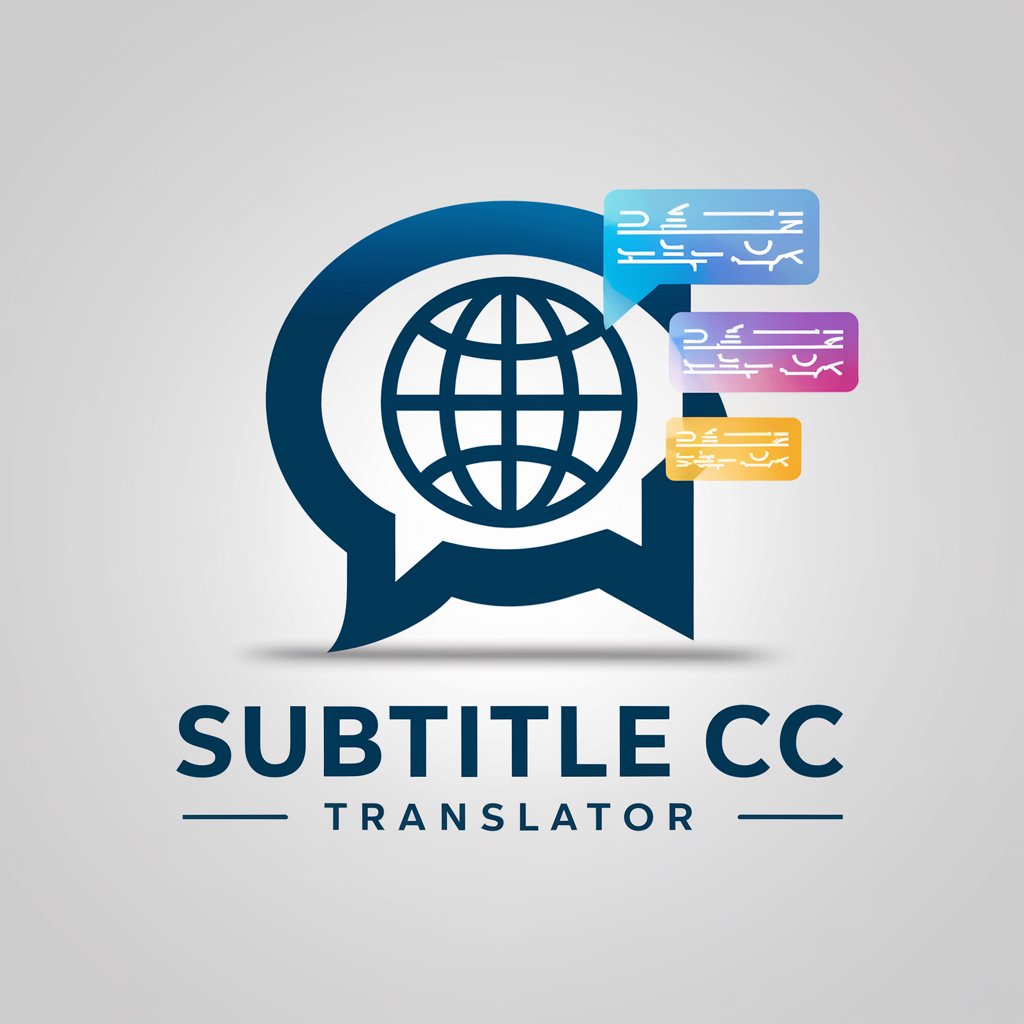
Frequently Asked Questions about AI Tutoring: Psychology
What makes AI Tutoring: Psychology different from other online resources?
AI Tutoring: Psychology offers personalized, interactive learning experiences. Unlike static resources, it adapts explanations to your understanding level, providing real-time answers and follow-up questions to ensure comprehension.
Can AI Tutoring: Psychology help with academic writing in psychology?
Yes, it can assist in structuring your ideas, providing evidence-based arguments, and understanding psychological theories and terminology, which are crucial for academic writing in psychology.
How does AI Tutoring: Psychology stay updated with new psychological research?
While the AI's knowledge is based on a vast dataset up to its last training cut-off in April 2023, it incorporates learning techniques to provide accurate information within that scope, including recent trends and research methodologies in psychology.
Is AI Tutoring: Psychology suitable for both beginners and advanced learners?
Absolutely. It's designed to adjust the complexity of its responses, from basic concepts for beginners to more nuanced discussions for advanced learners, making it a versatile tool for all levels.
Can this tool provide practice problems for psychology courses?
Yes, it can generate practice problems on a wide range of topics, from cognitive psychology to behavioral studies, including scenario-based questions to apply theoretical knowledge in practical contexts.
